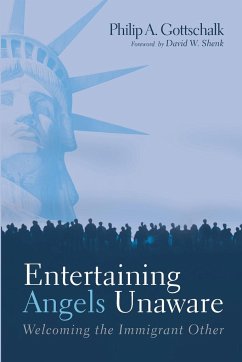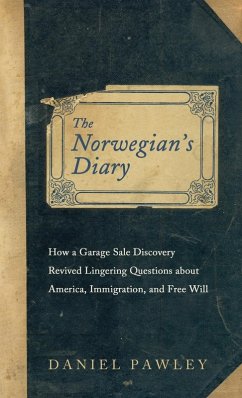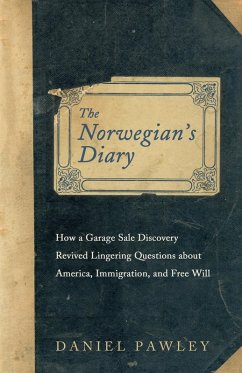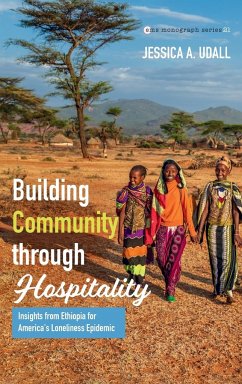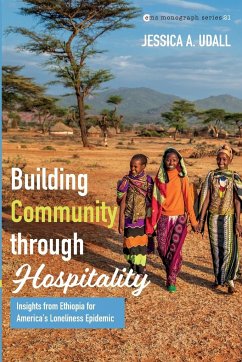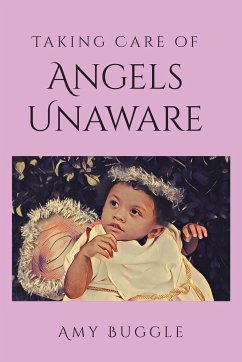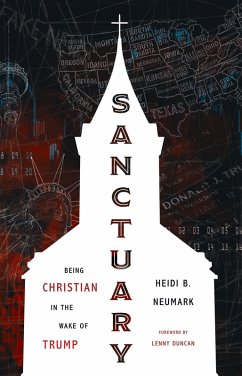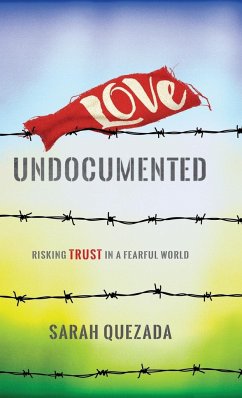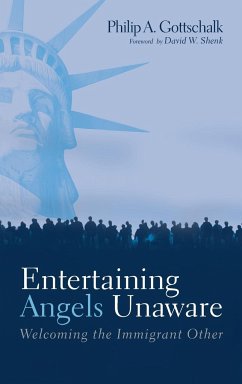
Entertaining Angels Unaware
Versandkostenfrei!
Versandfertig in 1-2 Wochen
36,99 €
inkl. MwSt.
Weitere Ausgaben:

PAYBACK Punkte
18 °P sammeln!
The United States and many western European nations have grown by immigration. What sort of reception have immigrants been given by Christians? Are Christians today aware of the need of people suffering from war or persecution to immigrate to safe places? In earlier times immigrants were generally ""like us."" Now many immigrants are often Muslims, who not only dress distinctively, but practice a different religious creed as well. Many fear that terrorists will enter our country under the guise of immigrants. Christians, however, belong to another kingdom, the kingdom of Jesus the Messiah. A C...
The United States and many western European nations have grown by immigration. What sort of reception have immigrants been given by Christians? Are Christians today aware of the need of people suffering from war or persecution to immigrate to safe places? In earlier times immigrants were generally ""like us."" Now many immigrants are often Muslims, who not only dress distinctively, but practice a different religious creed as well. Many fear that terrorists will enter our country under the guise of immigrants. Christians, however, belong to another kingdom, the kingdom of Jesus the Messiah. A Christian response to the needs of refugees and immigrants should reflect their commitment to Christ more than their fears or political allegiances. Through stories of immigrants in the past and present, this book aims to show that not only is it safe to accept them, but our commitment to Christ compels us to help those less fortunate than ourselves.




